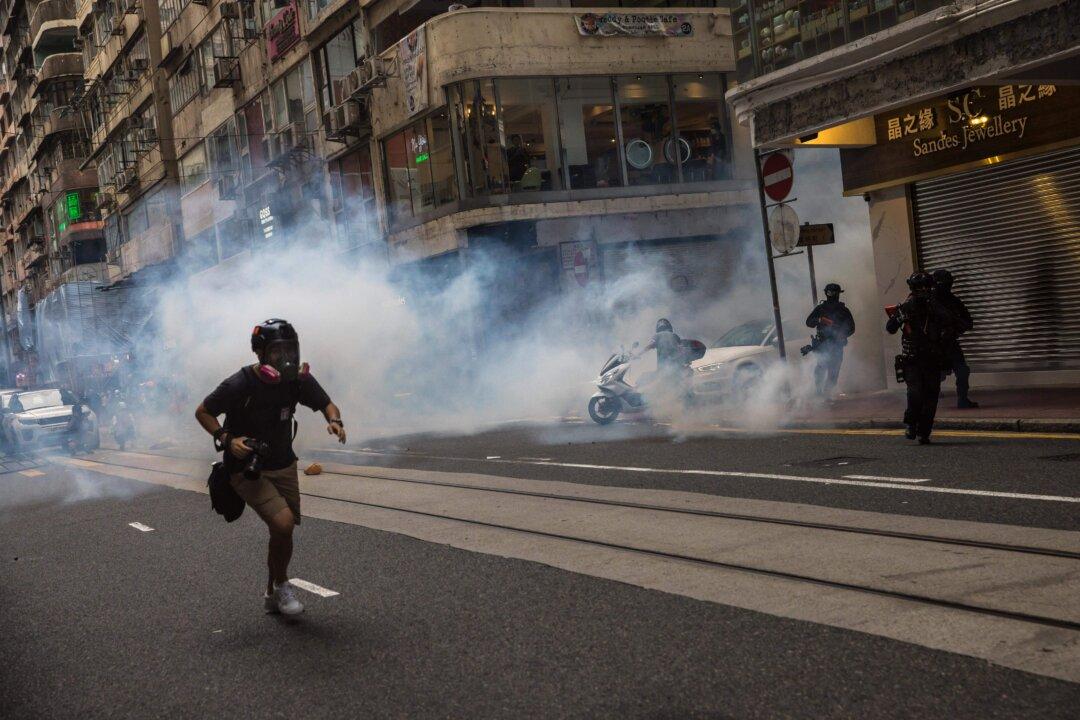Beijing’s latest move to suffocate Hong Kong via a national security law should prompt the world to unite in confronting the authoritarian power, Hong Kong activists told U.S. officials during a July 1 congressional hearing. They warned that if not stopped, the Chinese regime would be emboldened to take more aggressive actions further out from its shores.
“We are actually facing a global fight,” Nathan Law, a prominent Hong Kong activist currently studying at Yale University, said at a House foreign affairs committee hearing on July 1, just hours after Hong Kong police began making arrests of protesters under the new law.





